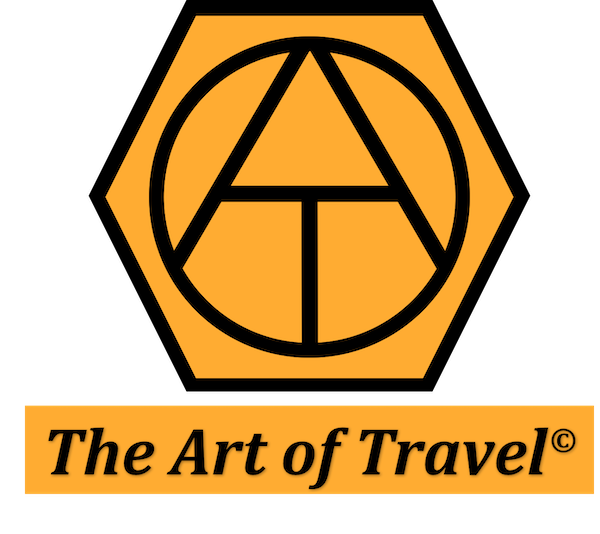Noble families' vineyards in Tuscany, Italy
Greve in Chianti, Tuscany.
Greve is the capital of Chianti and, for centuries, the main market for the purchase of wine. This is where the wine merchants from Florence came during the Renaissance to purchase wine that would enchant the Medicis, but not their foreign guests. Montaigne, on one of his trips here in the 16th century, complained that when he drank, he would get a migraine, and he didn’t say this out of spite because he was from Bordeaux.
Wine tasting in the Middle Ages, Tuscany.
Truly, the wine needed to be improved and someone even wrote a booklet with the title: Modo di fare il vino alla francese (The way to make wine in the style of the French). When I heard of this, I wondered who influenced who during that time. I believed the Italians had enlightened the French, if one is to believe that Leonardo da Vinci died in the arms of the French king Francis I but, as it would seem, the French had a more refined palate. Even today they influence in things having to do with gastronomy.
Marchesi de’ Frescobaldi vineyards in Chianti, Tuscany.
As the Beetle rolled along the slopes of Chianti, my thoughts would turn to Provence, which I love very much and which has also become fashionable for the purchase of a farmhouse for renovation. These two are the most competitive areas of southern Europe, and the local real-estate agents make money hand over fist. Between them they have nothing in common.
In the one, you see hills with vineyards, in the other fields of lavender, but both offer a quality of life that is, above all, authentic. And both have a civilized subculture from which all that you see is derived but, when I was looking to find that of Provence, my mind kept going to minstrels for anything that had to do with the past, and to Cezanne and Van Gogh for more recent times. When I thought of Tuscany, the Renaissance bloomed inside of me, without a past or a present.
The Renaissance villa Vignamaggio in Chianti, Tuscany.
That is what I want to say. Tuscany does not live cut off from its past. It is not Venice, Mantua or Ferrara, old republics and duchies that exploited their history to give an entity to today. Here, for example, are families, the Antinori, the Frescobaldi, the Ricasoli, who are even older than the Medici and are protagonists in modern cultural life, as their ancestors were during the Renaissance. They have not died out. Nor do they sit around reminiscing about History.
Marchesi Antinori Winery in the Chianti Classico area, il Bargino, Tuscany.
Marchesi Antinori Winery in Chianti Classico, Tuscany.
Marchesi Antinori Winery in Chianti Classico - cellars, Tuscany.
On the contrary, they have thrown themselves headfirst into marketing, and their wines are sold all over the world. When you visit their wineries in Chianti, you think you are somewhere in California in terms of organization. To be more exact, some have even gone there. They have invested in Californian vineyards, something that proves they had a vision for the future. And they didn’t turn their castle into a Relais & Châteaux, as do their neighbours, the French and English.
Castello di Brolio, Gaiole in Chianti, Tuscany.
Castello di Brolio, Gaiole in Chianti, Tuscany.
Barone Ricasoli Castello di Brolio - dining room, Chianti, Tuscany.
I don’t know what happens with the tax office, but anyone who is not a winegrower, and is having a hard time getting by, does whatever they can for their castle to stay in their possession. It’s a matter of pride.
My long sojourn in Tuscany is described in the book: A Year in Tuscany










